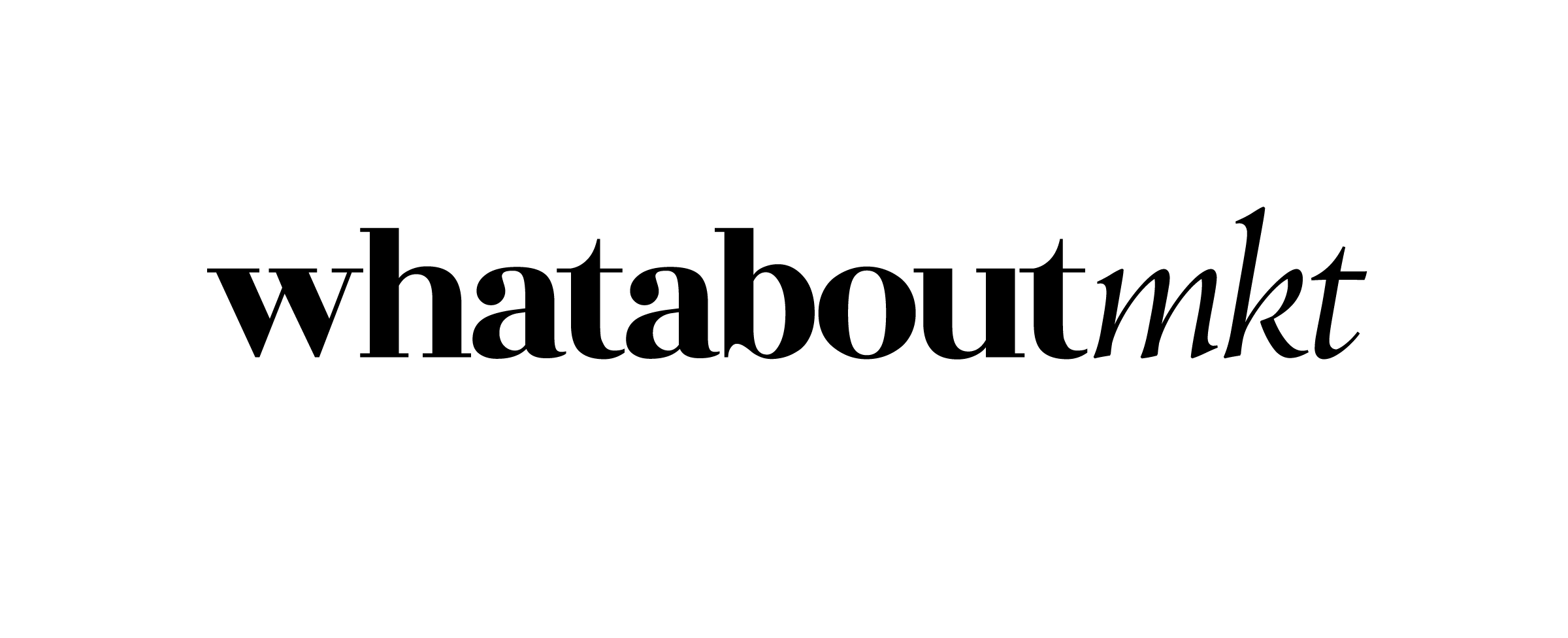Google has turned image editing into a conversation. Inside the Gemini app and API, Gemini 2.5 Flash Image, internally nicknamed Nano Banana, can add, remove, restyle, and blend elements in photos with plain-language prompts. Ask to “erase the crowd and extend the sky,” or “put this product on a marble counter with soft morning light,” and the system composes a new frame that respects the scene’s structure. The advancement goes beyond prettier outputs, shifting the interface of creativity from tools to language, lowering the barrier for anyone who can describe what they want.
From Layers to Language
For three decades, Adobe Photoshop set the grammar of image making: layers, selections, masks, blend modes, painstaking local adjustments. Nano Banana flips the order of operations. Instead of hand-building edits, creators iterate conversationally, try a change, react to it, refine, and keep going. Early demos highlight character consistency (keeping a person or pet recognizable across edits), targeted local transforms, and multi-image fusion that can merge styles or composite objects without elaborate masking. That kind of “what if?” loop, which once took ten minutes of clicking, can be compressed to ten seconds of dialogue.
What It Can Do—And Where It Still Lags
The model’s strengths are speed, ideation, and plausibility. It excels at tedious tasks (object removal, background swaps, palette shifts), rapid mood boards, and variations for social. It’s also built for multi-turn editing as you can keep talking to the same image, such as “make the dress satin,” “now add reflective flooring,” “push the light warmer”, and steer results in context.
It can also perform generative fill and expansion to replace objects or extend a canvas while preserving lighting and perspective. Additionally, it targets specific elements by identifying objects in the frame, enabling material swaps, subtle facial adjustments, or add-ons without the need for painstaking selections.
Beyond edits, the system handles style transfer and creation, applying the look of one image to another or producing visuals from text for rapid concepting and brand-consistent treatments.
Yet the trade-offs are real. Generative systems can misjudge fine textures, typography, or edge fidelity. They don’t offer the same pixel-level audit trail that professionals rely on for retouching, print reliability, and regulated workflows, particularly when a product label must remain untouched or when compositing demands sub-pixel alignment. In such cases, Photoshop’s surgical control, non-destructive layers, and deterministic tools still earn their keep.
Photoshop’s Counterplay
Photoshop isn’t standing still. The app now bundles its own generative features, including Generative Fill and Expand, an improved Remove tool, and smarter compositing aids, inside the layer-based workflow pros know and love. In practice, many teams will use both: Nano Banana to explore and rough-in directions at conversational speed; Photoshop to lock precision, preserve color management, and prepare deliverables. The center of gravity shifts from “either/or” to “right tool for the phase.”
Who Wins on Access
Distribution may prove as consequential as capability. Because Nano Banana lives inside Gemini for web and mobile, as well as on developer platforms (Google AI Studio, Vertex AI), it arrives where everyday users already are and where software makers can integrate it into their own apps. That puts powerful image editing within reach of marketers, creators, and small businesses who never learned layer masks, broadening the market rather than cannibalizing it.
Because it’s integrated across the Gemini ecosystem, access is broad, potentially free or freemium, contrasting with Photoshop’s subscription-centric approach, which makes advanced image work more approachable for creators, marketers, and teams who prioritize speed over pixel-level control. Professionals benefit too: concepting sprints, A/B visual tests, and client callbacks compress dramatically when the interface is conversational.
Guardrails and Authenticity
As photorealistic edits become effortless, provenance becomes increasingly important. Google says images created or edited with Gemini 2.5 Flash Image are tagged with SynthID, an invisible watermark that signals AI involvement, and the Gemini app adds a visible mark as well. Adobe, for its part, pushes Content Credentials, cryptographic “nutrition labels” that disclose edits and tools used. Neither scheme solves misinformation alone, but together they sketch the emerging compliance playbook for brands, publishers, and platforms that need traceability.
The Bottom Line
Despite the advantages, Nano Banana won’t replace Photoshop in color-critical retouching, advertising composites, or prepress. But it meaningfully changes the slope of creativity. By moving the interface to natural language and tightening the loop between idea and image, Google is expanding who can create compelling visuals and how quickly they can do so, which is a key point in being efficient in the digital era of multi-creation. The most powerful workflows ahead likely pair the two: generate and iterate conversationally, then finish with precision. The is steading still, but surely the game just got a new arena.









